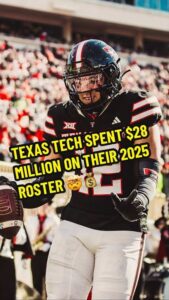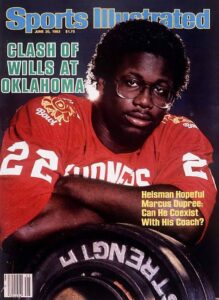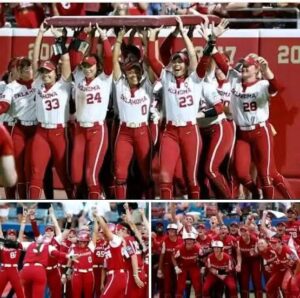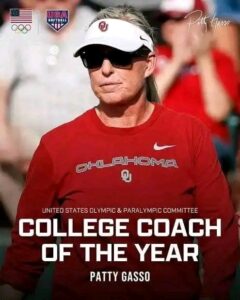
News today: Texas faces tough choices on revenue sharing as House v. NCAA ruling looms

As the sports world awaits a landmark decision in the House v. NCAA case, the state of Texas finds itself at a critical juncture, facing tough decisions over how to handle revenue sharing in college athletics. With the legal landscape poised for major shifts, lawmakers, university leaders, and athletic departments are all grappling with what the future could look like — and how to prepare for it.
At the center of the issue is the possibility that student-athletes could soon be granted a legal right to a share of the billions in revenue generated by college sports. The House v. NCAA case, which is currently before the courts, challenges the longstanding NCAA model that prohibits direct compensation to athletes beyond scholarships and limited name, image, and likeness (NIL) deals.
Texas, home to powerhouse programs such as the University of Texas and Texas A\&M, stands to be significantly impacted by the outcome. Should the ruling go in favor of the plaintiffs, institutions across the state would need to rethink how revenue is distributed, possibly sharing broadcast rights, ticket sales, and sponsorship money with athletes directly.
**“There’s a lot of uncertainty right now,”** said a senior official at a major Texas university. **“We’re actively modeling different scenarios depending on how the case plays out. It’s a question of fairness, yes, but also of logistics, sustainability, and long-term vision.”**
The implications stretch beyond athletics. Legislators in Austin are beginning to weigh in on whether state policies should be preemptively drafted to manage the transition — or whether universities should be left to navigate the changes on their own.
Some lawmakers are concerned about how smaller programs and less commercially successful sports will be affected. If schools are required to share more of their revenue with athletes in marquee sports like football and basketball, it could lead to budget reductions or even cuts to Olympic and women’s sports programs.
At the same time, supporters of revenue sharing argue that athletes deserve compensation that reflects the immense value they generate, especially in football-crazed states like Texas where game day revenue, TV deals, and merchandise sales bring in massive sums.
**“It’s time to stop pretending college sports are purely amateur,”** said a former Longhorns athlete now working in sports law. **“Players are the product, and without them, none of this money exists. Texas should lead the way in ensuring they’re treated fairly.”**
University administrators are also worried about competitive balance. If the NCAA is forced to implement revenue sharing without a unified structure across conferences and states, programs in Texas could be left behind — or, conversely, gain an advantage, depending on how the law is written.
With the court ruling expected in the coming months, and its potential to reshape college athletics permanently, Texas will need to act quickly and decisively. Whether that means new legislation, revised athletic department policies, or public-private funding collaborations, one thing is clear: the Lone Star State can’t afford to sit on the sidelines.







